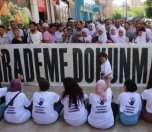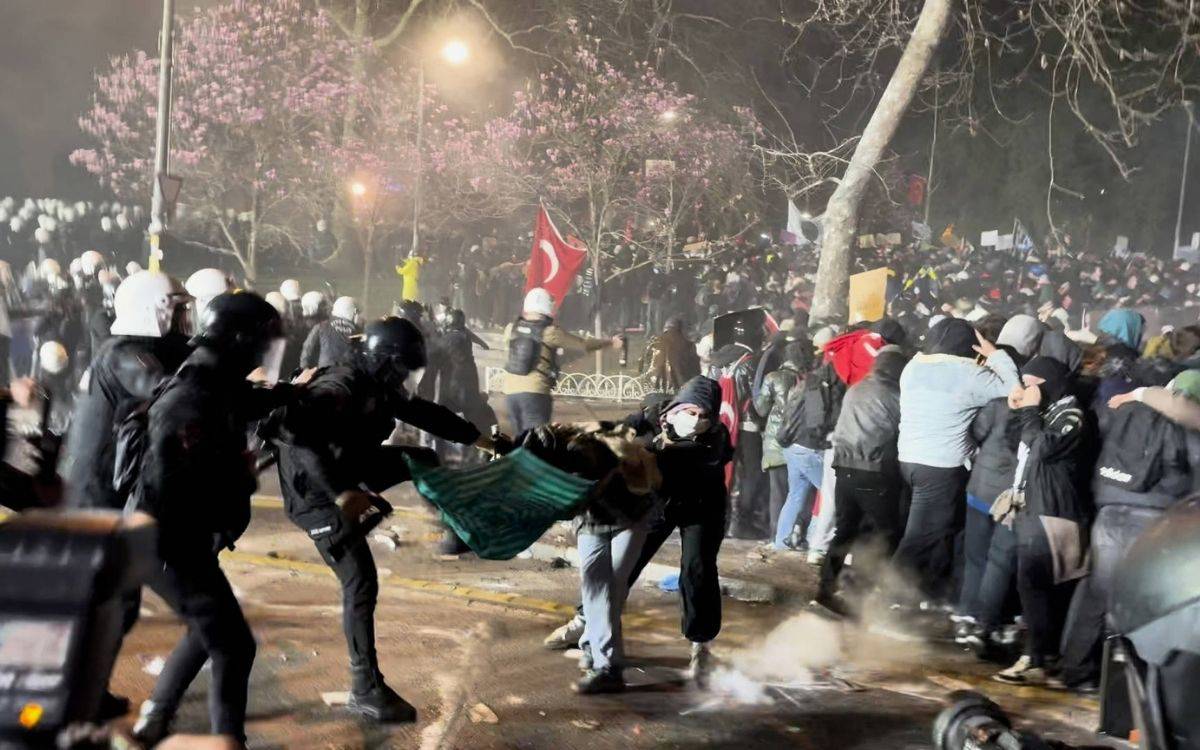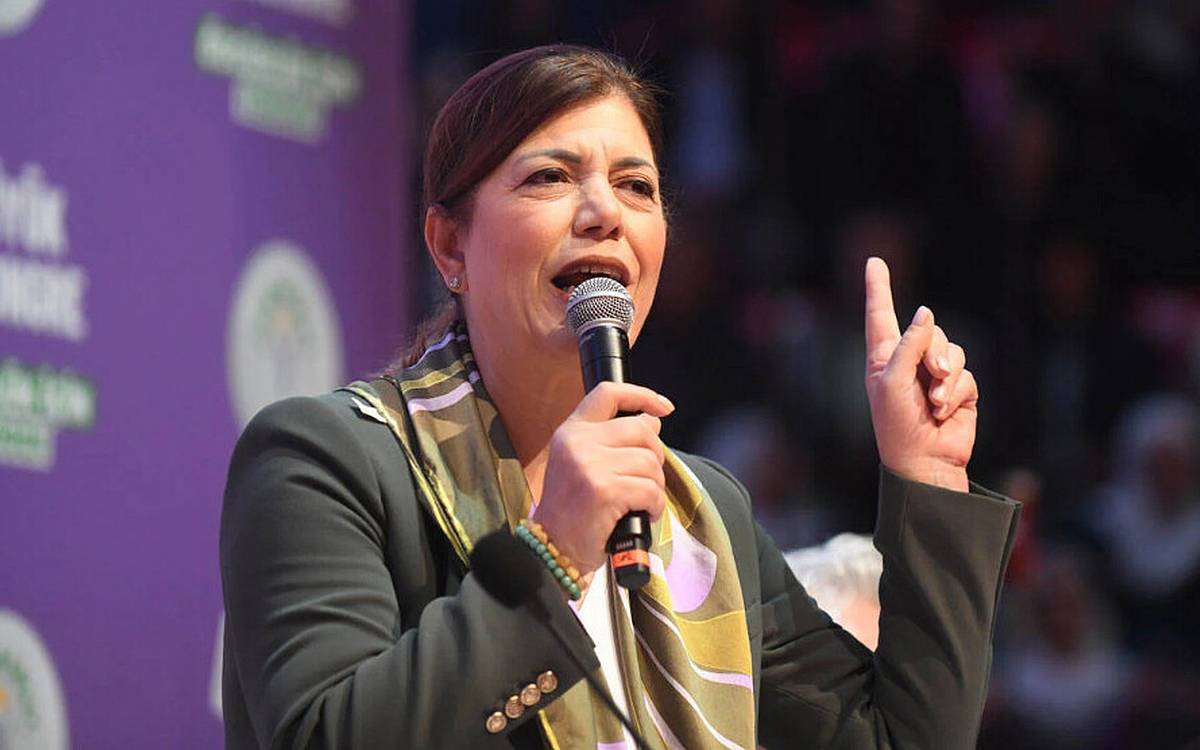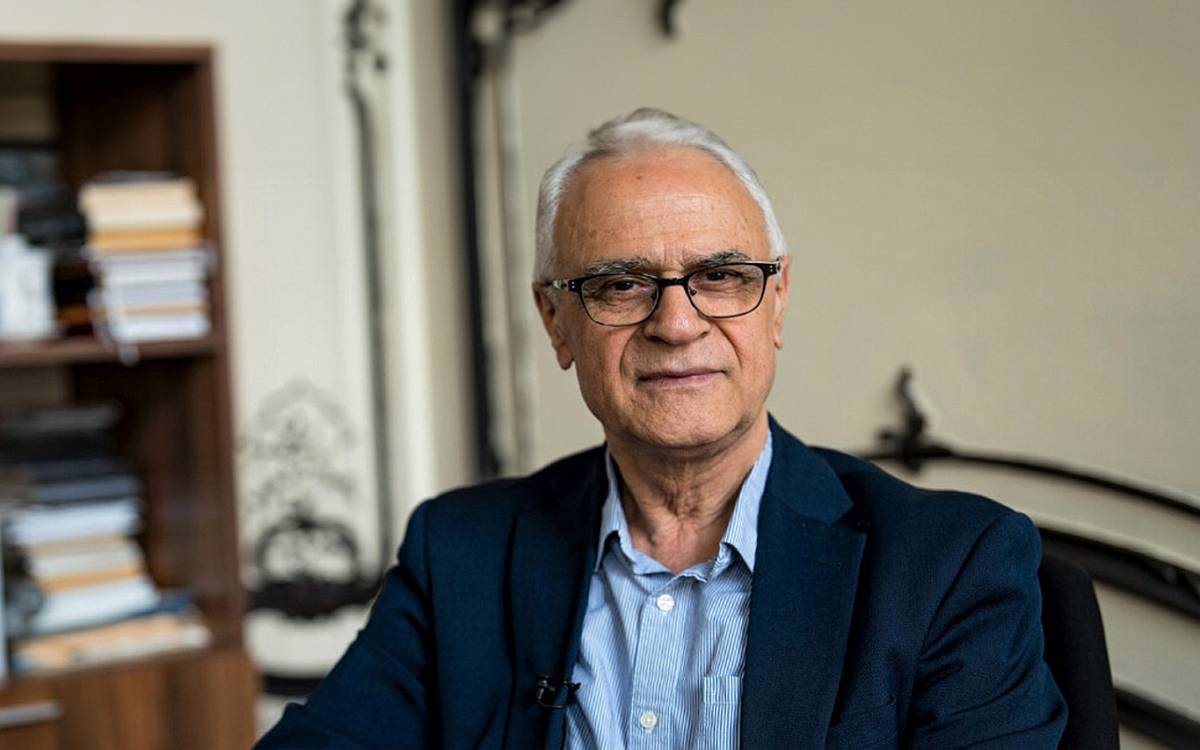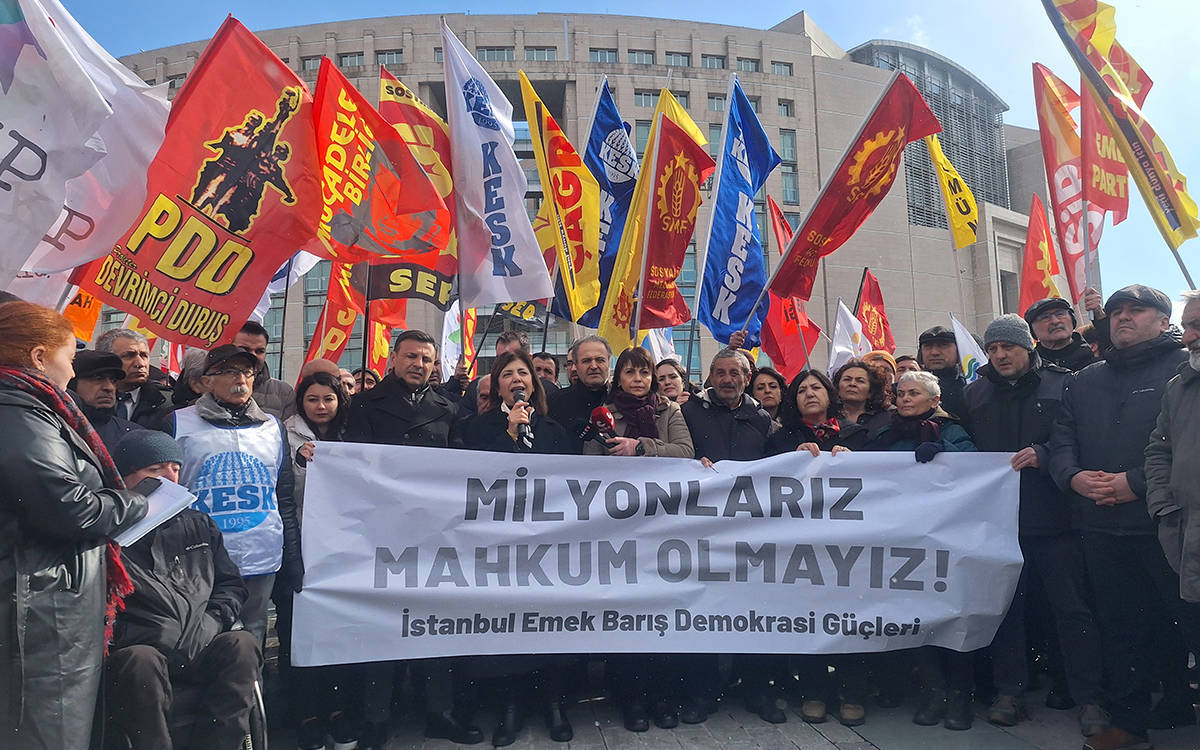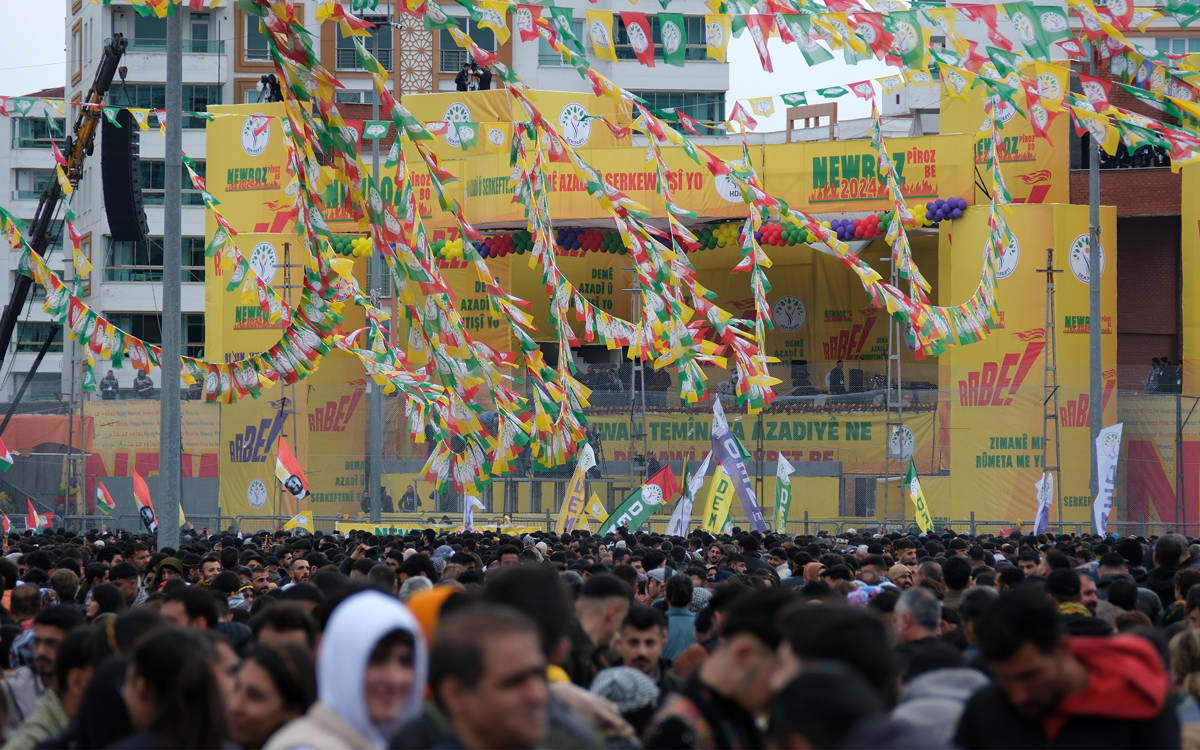Click to read the article in Turkish
The Socio-Economic Field Research Center has shared the results of its research regarding the attitude and perception of the voters as to the main problems of Turkey and their possible solutions.
The research is based on a survey conducted with the participation of 1,248 people from 18 provinces, namely İstanbul, İzmir, Adana, Ankara, Diyarbakır, Van, Batman, Antalya, Bingöl, Erzurum, Antep, Hakkâri, Konya, Mardin, Mersin, Samsun, Şırnak and Dersim.
As part of the survey, the participants were first asked, "What do you think is the biggest problem of Turkey?" 35.7 percent of the participants answered that it was the "economy/unemployment." While 20 percent said that it was the "Kurdish question," 14.7 percent answered that the "Presidential Government System" was the chief problem of Turkey.
The rest of the answers given to this question were respectively as follows: "Absence of democracy" (10.6 percent), "current state of the legal system" (6.6 percent), "Gülen Community/FETÖ" (6.3 percent), "current government" (3.8 percent), "environment of conflict and violence" (1.6 percent) and "lack of opposition" (0.7 percent).
15.1 percent: No party can solve these problems
After this question, participants were asked, "Considering the chief problem that you mentioned, how do you think this problem can be solved?"
The answers and percentages were as follows: "Increasing the areas of employment" (16.8 percent), "the government's adoption of solution-oriented policies" (16.5 percent), "change of Presidential Government system" (14.4 percent), "change of government" (9.8 percent), "the change of policies oriented towards causing tension in Turkey and abroad" (9 percent), "It cannot be solved" (8.3 percent), "strengthening of local economy" (7.9 percent), "existence of peace" (6.9 percent), "existence of equal citizenship" (5.8 percent), "a return to EU accession process" (1.6 percent), "a change in foreign policy" (1.6 percent), "struggle against poverty" (1.4 percent).
Of the participants who said that Turkey's chief problem was the "economy/unemployment", 47 percent said that it could be solved if the number of employment areas was increased.
Of the ones who said that Turkey's main problem was the "Kurdish question", 35.2 percent answered that it could be solved if "the government adopted solution-oriented policies." When the ones who said that the biggest problem was the recently adopted "Presidential System", 85.9 percent thought that the solution to the problem lied in a change of this system.
Similarly, of the ones who said that the chief problem of Turkey was the "environment of conflict and violence" prevailing in the country, 47 percent answered that this problem could be solved "if the policies oriented towards causing tension in Turkey and abroad were changed."
While 36.4 percent of the ones who regarded "the absence of democracy" as the biggest problem ravaging Turkey said that "this problem could not be solved," 41.4 percent of the ones who viewed the "current state of legal system" as the biggest problem said that "it could not be solved."
The participants of the survey were also asked "which party they thought were the closest to solving Turkey's important problems."
The answers and percentages were respectively as follows: Ruling Justice and Development Party (AKP) (27.1 percent), main opposition Republican People's Party (CHP) (21.2 percent), Peoples' Democratic Party (HDP) (10.3 percent), Nationalist Movement Party (MHP) (7.9 percent) and İYİ Party (7.2 percent). 15.1 percent of the participants were of the opinion that none of the political parties would be able to solve these problems.
Lawmakers stripped of MP status
When the participants were asked about their opinions as to the three lawmakers from the CHP and HDP stripped from MP status in early June, three out of every four participant expressed a negative opinion.
Their answers and percentages were as follows: "I find it wrong" (22 percent), "It is required by the law" (15.3 percent), "It is not democratic" (9.5 percent), "I support it" (7.4 percent), "A coup against the people's will" (6.6 percent), "It is against the law" (4.8 percent), "It is a usurpation of voters' will" (4.6 percent), "A civil coup by the AKP-MHP" (3 percent), "Injustice" (2.1 percent) and "Dictatorship/One-Man Rule" (1.9 percent)...
The participants were also asked to grade the current state of democracy in Turkey from 1 to 10. 23.9 percent gave Turkey a "1", which means very bad. While 17.5 percent of the participants gave a "3", 14.7 percent gave "2" and 2.8 percent gave "10 points."
'Which party would you vote for today?'
When they were asked which party they voted for in the last general elections on June 24, 2018, 35.5 percent opted for the ruling AKP, 23.4 percent for the main opposition CHP, 10.6 percent for the HDP, 9.3 percent said that "they did not vote," 9 percent said that they voted for the İYİ Party and 3.5 percent for the Felicity Party (SP).
"If there were elections this Sunday, for which party would you vote," the participants of the survey were also asked.
Their answers were as follows: 30.9 percent for the AKP, 21.2 percent for the CHP, 10.4 percent for the HDP, 10.1 percent "not decided", 7.9 percent for the MHP, 7.2 percent for the İYİ Party, 5.3 percent for the DEVA Party of Ali Babacan, 3.7 percent for the Future Party of Ahmet Davutoğlu, 1.9 percent "will not vote" and 1.4 percent for the SP.
Of the ones who previously voted for the AKP, 9.5 percent said they would vote for the DEVA Party of Ali Babacan, who resigned from the AKP, and 6.3 percent said they would vote for the Future Party of Ahmet Davutoğlu, who also resigned from the party after serving in senior positions.
'AKP is losing votes in a first'
Socio-Economic Field Research Center Coordinator Yüksel Genç has spoken to bianet about the results of the survey.
Reminding us that they have been conducting these surveys for two years now, Genç has briefly stated the following:
"In this research that we have been conducting for almost two years, economy ranks first in the list of the most important problems of Turkey. It shows that the problems of economy and unemployment have become fixed and chronic. The percentage of those who think that this problem cannot be solved keeps increasing with each passing day.
"As for the ones who offer solutions, they say that they are not expecting these problems to be solved in the short run. When we look at the tendencies of voters, we see that there is a loss of votes for the AKP, which is something different than what we saw before. Transitions among parties are on the increase, it has got more lively. We saw rather rare transitions in our previous studies, but, this time, voters are in search.
"The fixed voters of the HDP say that they can vote for DEVA Party this time or the fixed voters of AKP say they might opt for the CHP, DEVA Party or Future Party. It is a development that can be regarded as positive.
"Moreover, the AKP and its alliance have been losing votes while there is a marked increase in the DEVA Party. It receives votes from all parties. If this rise goes on like this, it can have a place in Turkey's politics. The Future Party is getting rather fixed, it does not show a significant difference." (RT/SD)








